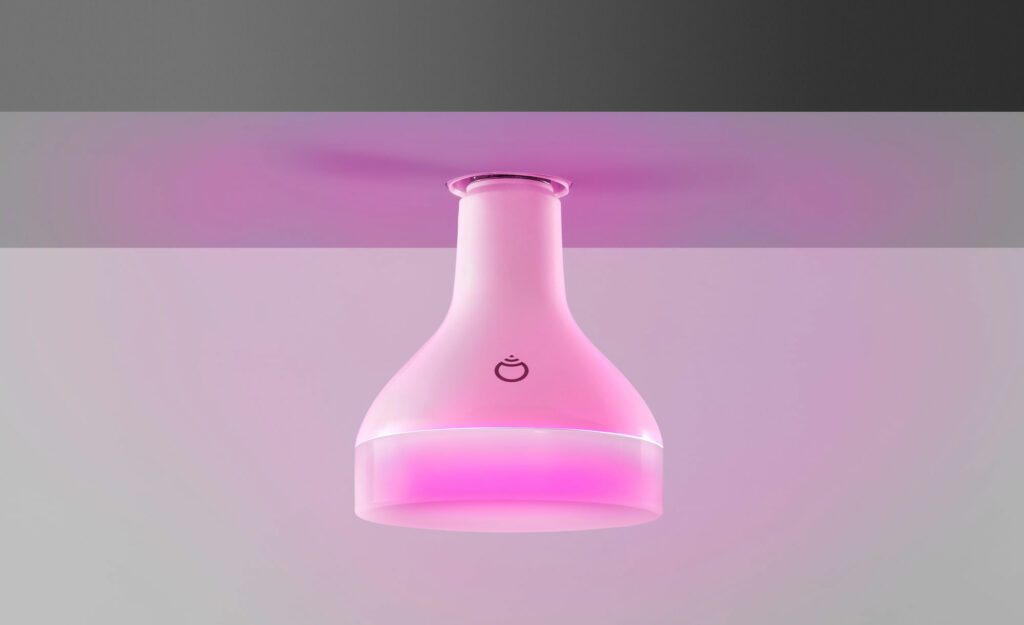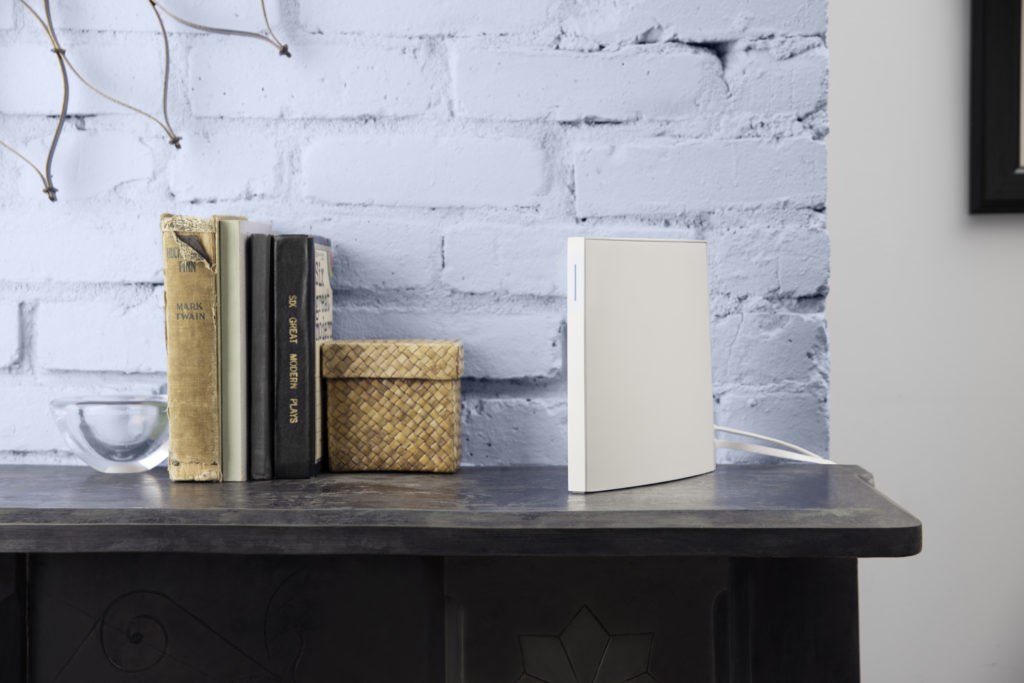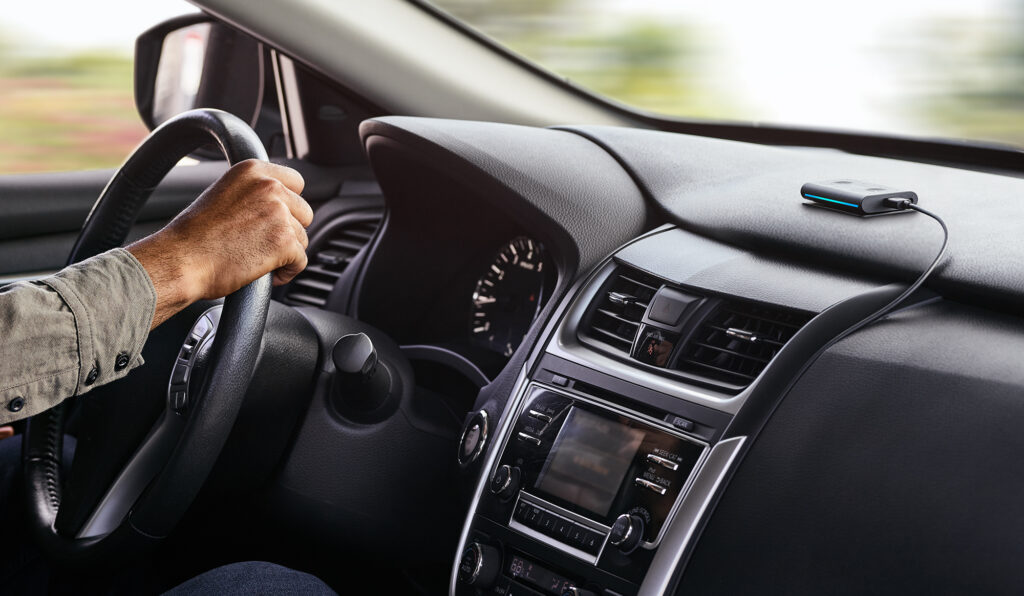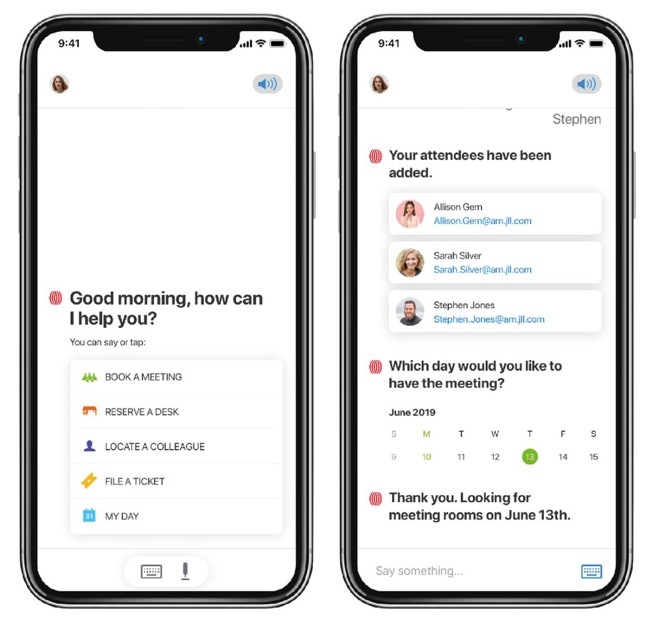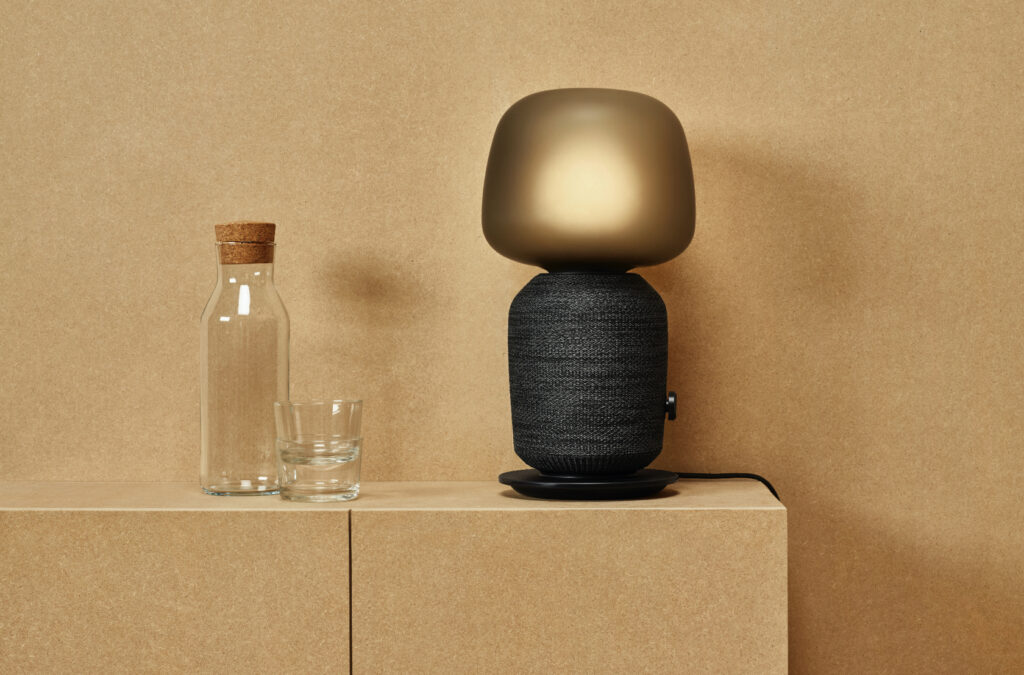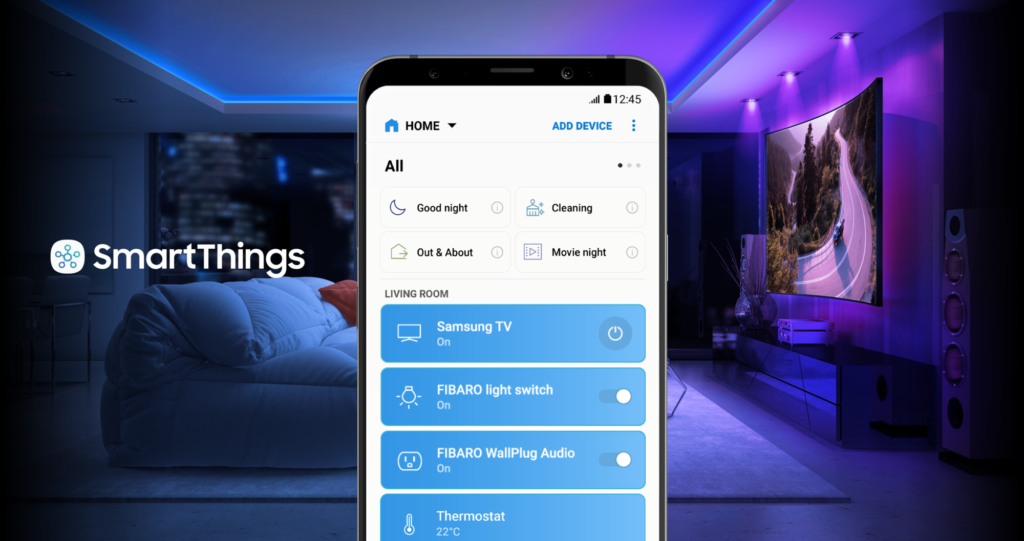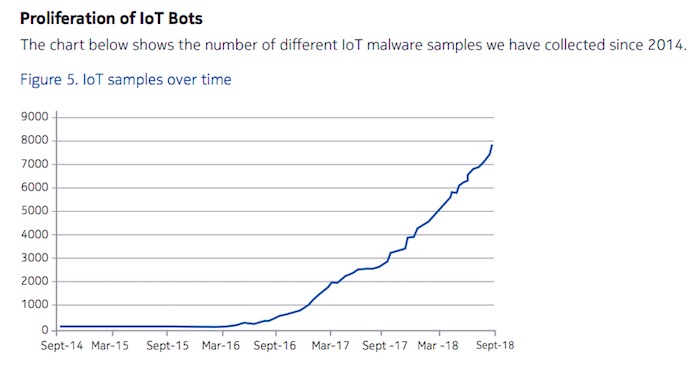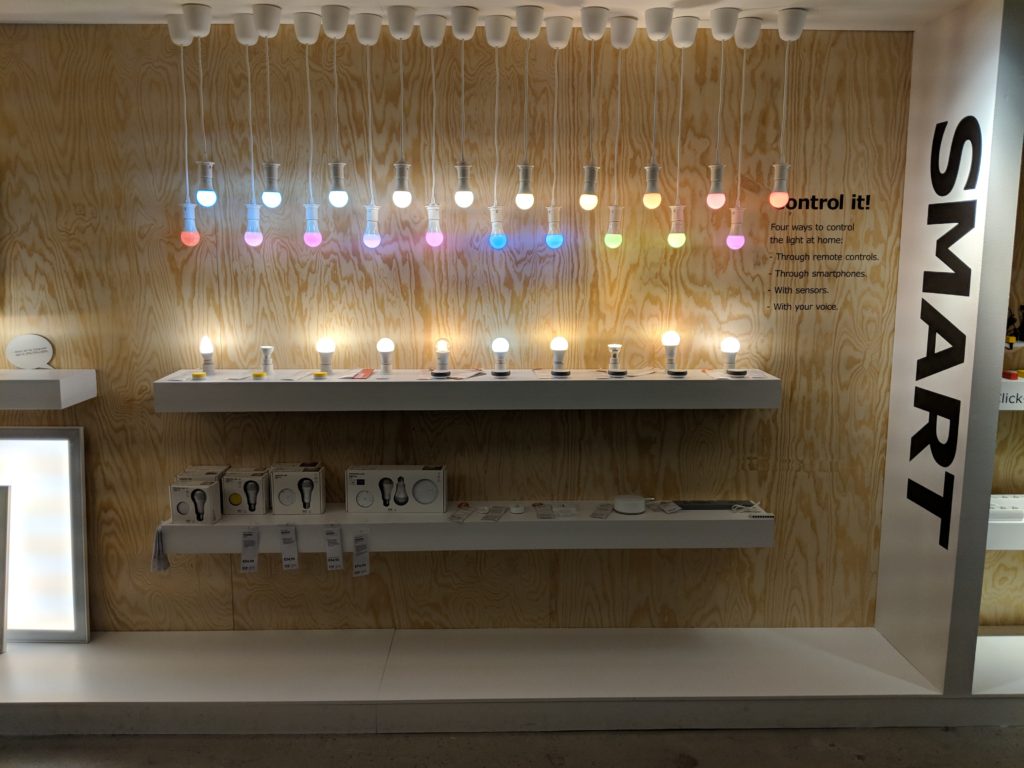We’re really excited about radar in this week’s episode, so we discuss Ring’s new doorbell that added it for motion detection and Apple’s patent that plans to use radar for detecting vital signs. We also talk about radar being a feature that Plume plans to add to its Wi-Fi devices in the near future while discussing the company’s $270 million funding round. We then discuss Portland ditching smart city software, the Echo Show 10 reviews, HomeKit support for two sets of devices, and the coming ability to talk to Google’s Assistant even when the screen is locked. I then explain how you can stop some of the unwanted comments from Alexa if she’s telling you about low batteries in your smart home devices or asking you to rate a product you have purchased on Amazon. We end by answering a listener’s question about bringing Wi-Fi to his detached garage.
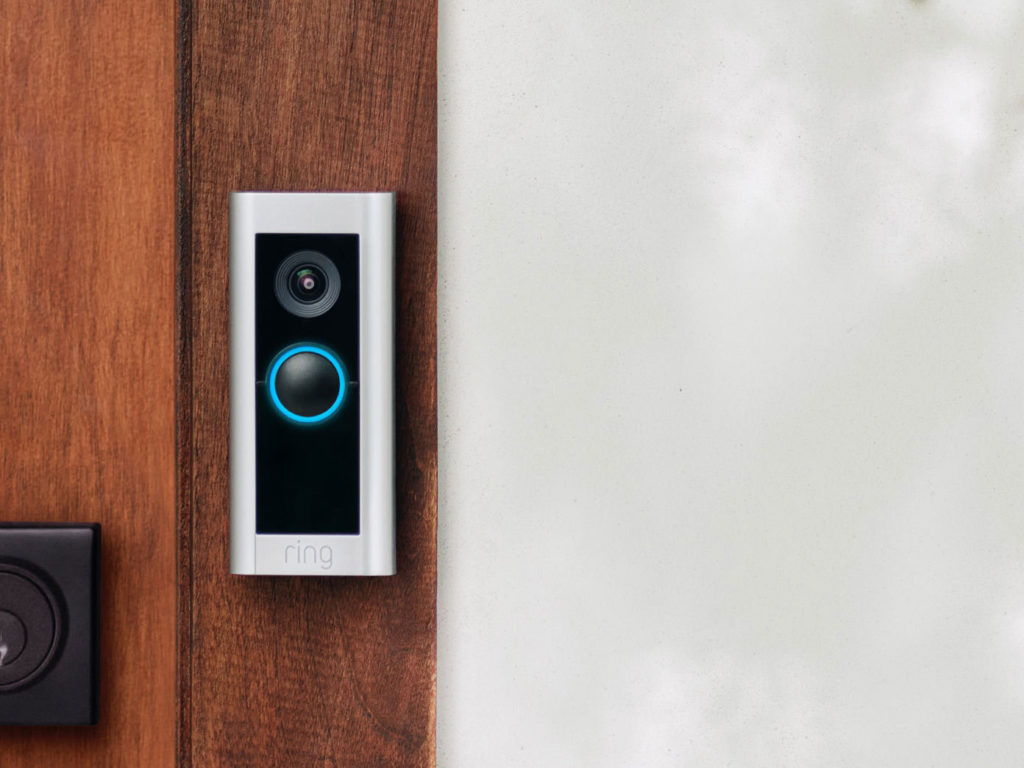
Our guest this week is Chris Carney, the co-founder and CEO of Abode. Carney explains why companies are experiencing so many delays in shipping products and why many of your favorite devices might be out of stock. The chip shortage plays a role, but so do delays at ports and challenges faced by last-mile delivery networks like the US Postal Service, FedEx and UPS. He explains how his company is trying to adapt, and when we can expect to see these shortages ease up. He also offers some advice to other companies affected by similar challenges. Enjoy the show while waiting for your latest gadget to arrive.
Hosts: Stacey Higginbotham and Kevin Tofel
Guest: Chris Carney, co-founder and CEO of Abode
Sponsor: Very
- Ring’s new doorbell gets a fancy new feature
- Plume’s funding could lead to small acquisitions
- How to reduce Alexa’s spam
- Chips, ships, and delayed trips
- When will supply chains get back to normal?
Podcast: Play in new window | Download | Embed
Subscribe: RSS

